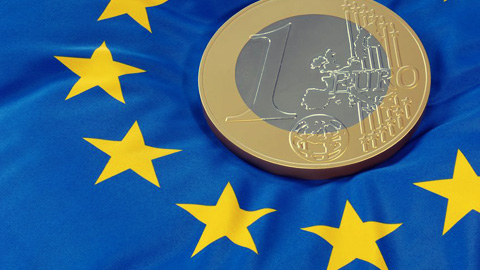The European data protection watchdog has recommended modifications to the EU draft legislation on the digital euro to enhance privacy standards.
With the European Central Bank confirming its transition to the preparation phase for the digital euro, the European Data Protection Board and the European Data Protection Supervisor have stated that the regulations supporting a future Central Bank Digital Currency (CBDC) should more clearly outline the data protection responsibilities of the ECB and payment service providers.
Furthermore, they strongly advocate for a “privacy threshold” concerning online transactions, ensuring that neither offline nor online low-value transactions are monitored for Anti-Money Laundering (AML) purposes. The watchdogs have also expressed concerns regarding the necessity of a single access point to verify users’ digital euro balances, suggesting that “technical measures allowing for a decentralized storage of these identifiers are feasible alternatives.”
The ECB has entered a two-year preparation phase to finalize the digital euro rulebook and choose providers tasked with developing the platform and infrastructure for the digital euro. This phase will involve testing and experimentation to create a digital euro that aligns with the Eurosystem’s requirements and addresses user needs, including aspects of user experience, privacy, financial inclusion, and environmental impact.
After the two-year period, a decision will be made regarding the potential issuance of the digital euro. However, the ECB emphasizes that no decision on issuance has yet been made; this will only be considered by the Governing Council once the EU’s legislative process is complete.
Christine Lagarde, President of the ECB, stated: “We envisage a digital euro as a digital form of cash that can be used for all digital payments, free of charge, and that meets the highest privacy standards. It would coexist alongside physical cash, which will always be available, leaving no one behind.”
